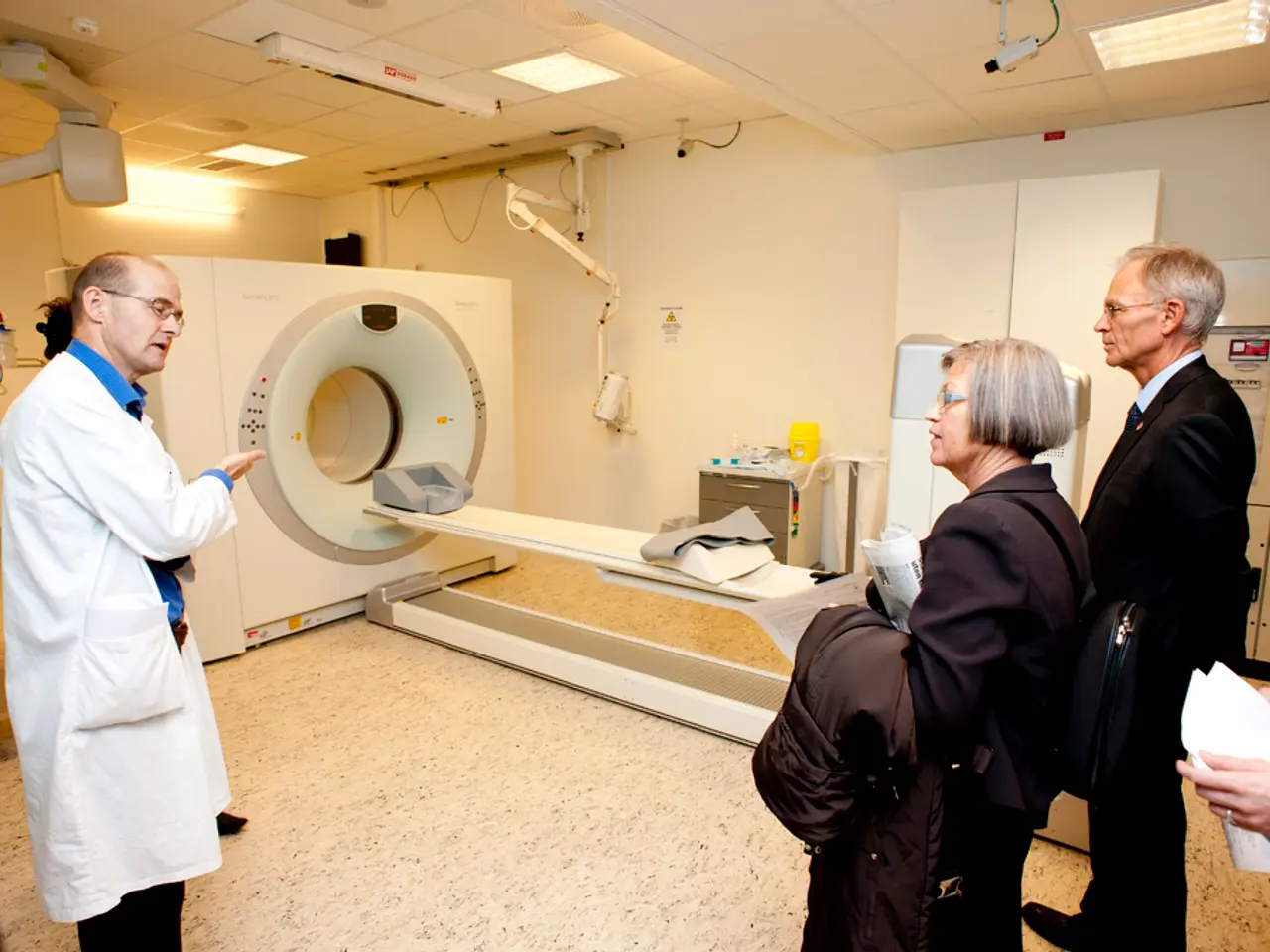MS Specialist's Job Function and Guide to Finding One
Multiple Sclerosis (MS) is a chronic autoimmune disease that affects the central nervous system, including the brain and spinal cord. This condition requires the expertise of a dedicated healthcare professional – an MS specialist.
- Experience and Knowledge of Emerging Treatments
When searching for an MS specialist, look for neurologists or experts who have extensive clinical experience managing MS and stay updated on new therapies and research developments. Specialists involved in clinical trials or affiliated with research institutions often have cutting-edge knowledge and access to novel treatments.
- Referral Network
A good MS specialist should be well-connected with a broader healthcare team, including MS nurses, coordinators, mental health professionals, rehabilitation therapists, and other subspecialists. This network ensures comprehensive care addressing all aspects of MS, including mental health and support services.
- Communication Skills
Specialists who communicate clearly, listen attentively, and provide timely responses contribute significantly to patient satisfaction and treatment adherence. An MS care team that includes coordinators or nurses can enhance communication and access to necessary resources.
- Additional Considerations
Board certification in neurology or MS subspecialty, patient reviews, recommendations from trusted healthcare providers, and insurance/network compatibility also help in narrowing down your choice. Practical factors like location and access to your specialist for regular monitoring matter as well.
In most cases, an MS specialist makes the MS diagnosis as there is no definitive test for MS. The damage to the myelin sheath causes a range of symptoms such as weakness, chronic pain, brain fog, depression, trouble concentrating, low energy, chronic fatigue, incontinence, and difficulties with self-care.
MS specialists spend more time with people who have MS, allowing them to draw on anecdotal evidence from others. They may know more MS experts, such as therapists and physical therapists, giving them a broader referral network.
A primary care provider (PCP) may also monitor overall health, call in MS medication prescriptions, answer questions about how MS affects other health conditions, and refer to additional providers such as a psychiatrist or physical therapist.
By prioritising these key factors, you can find the best MS specialist for your treatment plan – a partner who will work with you to manage your MS effectively and improve your quality of life. Engaging an MS specialist nurse or coordinator can be a valuable part of this care team for ongoing support and navigation.
- Seek out MS specialists who are not only experienced in managing MS but also actively involved in novel treatments and research, such as those engaged in clinical trials or affiliated with research institutions.
- Opt for a specialist who has a broad referral network, encompassing mental health professionals, rehabilitation therapists, MS nurses, and other subspecialists, to ensure holistic care that addresses multiple aspects of MS.
- Effective communication is crucial: choose a specialist who listens attentively, communicates clearly, and responds promptly to contribute significantly to patient satisfaction and treatment adherence.
- For making informed choices in selecting an MS specialist, consider factors like board certification, patient reviews, healthcare provider recommendations, and insurance/network compatibility, alongside location and accessibility.
- A PCP can support the management of overall health and provide resources such as MS medication prescriptions and answers to questions regarding how MS affects other health conditions, in addition to referring patients to psychiatrists or physical therapists if necessary.
- Enlisting the help of an MS specialist nurse or coordinator can provide ongoing support and assistance in navigating various treatments, resources, and aspects of MS.




